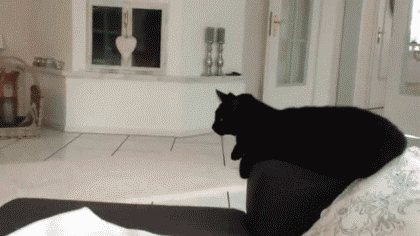Of course. It's a big problem and one that stems from a few issues:
- Journalism as a whole is a middle-to-upper-middle career. (Not in salary.) When you're starting out you need to have a solid support structure, because you're not making any money. My first two years doing news for GI.biz were for free or very, very low-pay. This worked because I had a full-time job, I did the news stuff on the side. That's not a situation that's available for many. This tends to work against poor people, meaning is disproportionally effects minorities.
- Hiring in the games industry - like most industries - tends to be based on culture or visibility. In the culture column, it's well noted that
businesses hire those who share their views or cultural makeup. This can lead to racist or sexist situations without intention. A management team of white male nerds are more likely to hire the same. Visibility can trump that aspect - people will go with an Ezra Klein over their friend - but visibility tends to come from existing outlets. So you have the same pool of people shuffling from site-to-site. Hiring outside of those issues requires a concerted effort to do so and most outlets don't do that. It is getting better - Polygon improved outside of its first hire, Nerdist picked up Malik, Kotaku is generally pretty good - but there's still major room for improvement.
- Regional issues. Most major outlets require you to work from an office. These office are generally where the developers are: San Francisco, Los Angeles, and New York. Those places aren't cheap to live and starting salaries for game journalists don't cover much in the way of rent. See point 1 again.
- Just starting out. Perception fuels what we do. Wants more minority or female writers? Show more minority or female writers. That shows the next generation that its a possible path of success, see: the NBA, the NFL, and music industries. Show the success and younger people will emulate that, meaning they're working on their craft from a early age. It's better for a journalist to start in high school or college, when working for free/near-free isn't to a detriment.
I'm lucky in that I can work from a home office and my girlfriend is a programmer (for mobile apps not games) so she makes far more money than I do. That's actually rather normal for many of us: we have significant others that pick up the slack.
I'm at USgamer based on my news and feature work at GI.biz. Meaning I'm at USgamer because they knew me and my work, which only happened because I could work for cheap.

